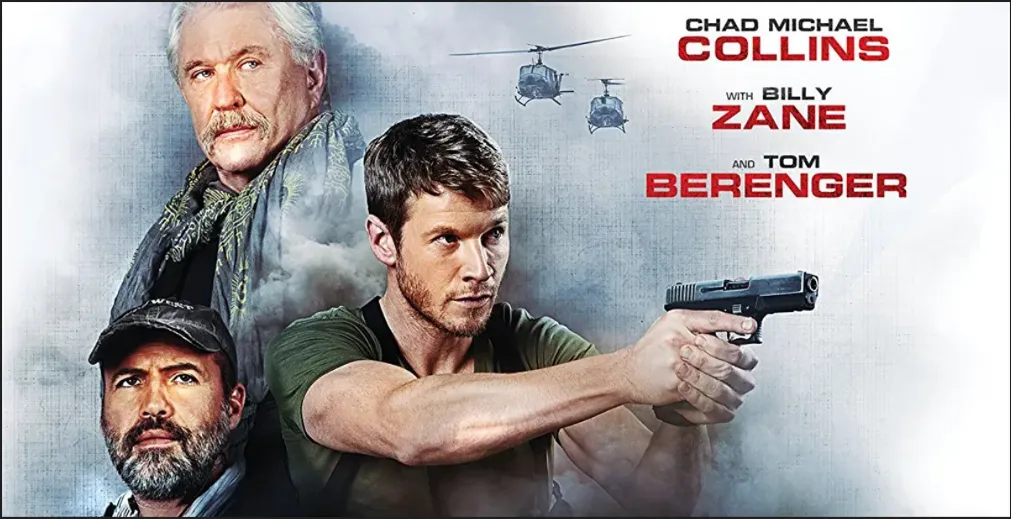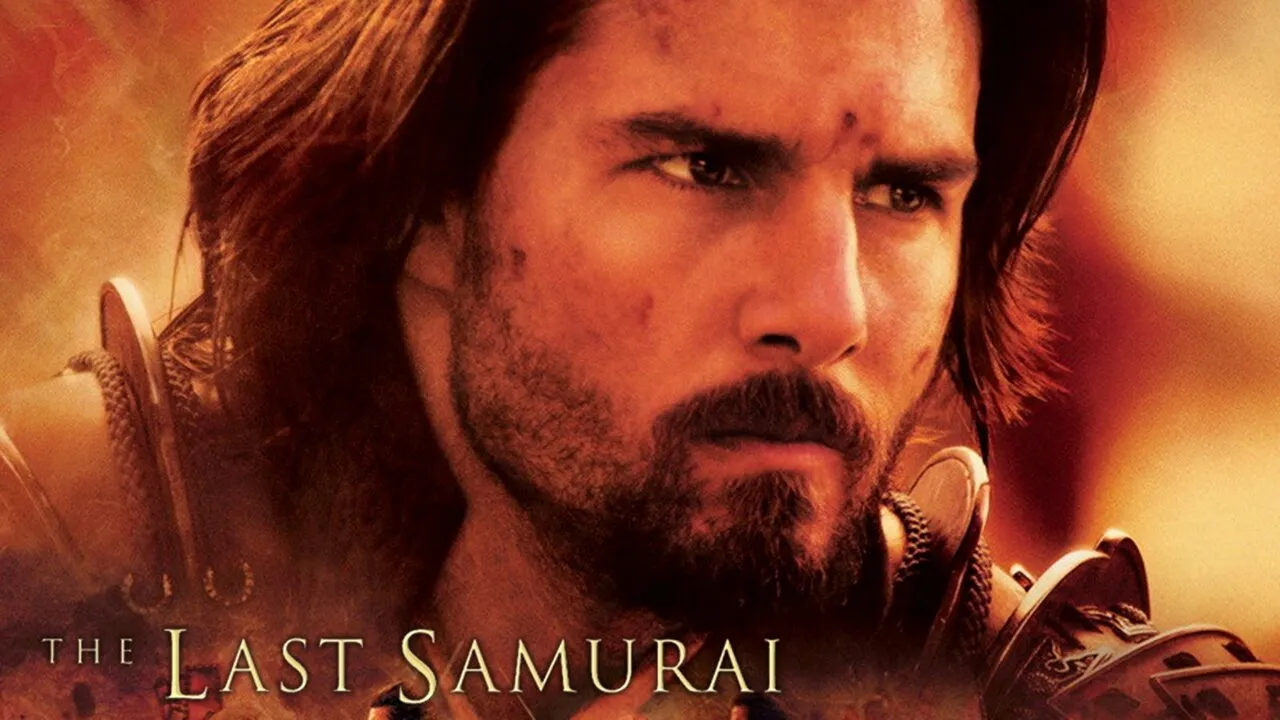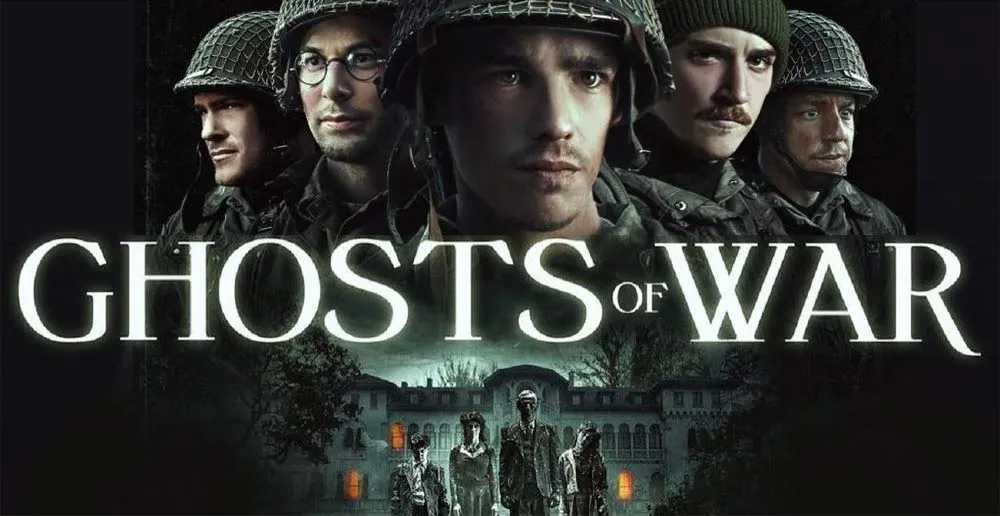He couldn’t change his world—so he found peace in something that could fly beyond it
Kes (1969), directed by Ken Loach, is a quietly devastating British classic that captures the raw poetry of working-class adolescence in a world that rarely offers boys like Billy Casper a future. Set in the bleak coal-mining town of Barnsley, South Yorkshire, this deeply human film follows a neglected teen whose unlikely bond with a kestrel hawk becomes his only escape from a life already closing in around him.
Billy is a skinny, scrappy fifteen-year-old, constantly berated by teachers, bullied by his older brother, and written off by nearly every adult in his life. School is brutal, home offers no solace, and the looming prospect of working in the mines leaves him restless and disillusioned. But when he steals a book on falconry and begins training a wild kestrel he names "Kes," something shifts. For the first time, Billy is trusted, focused, and truly alive—soaring in spirit, even as his world remains firmly grounded in hardship.
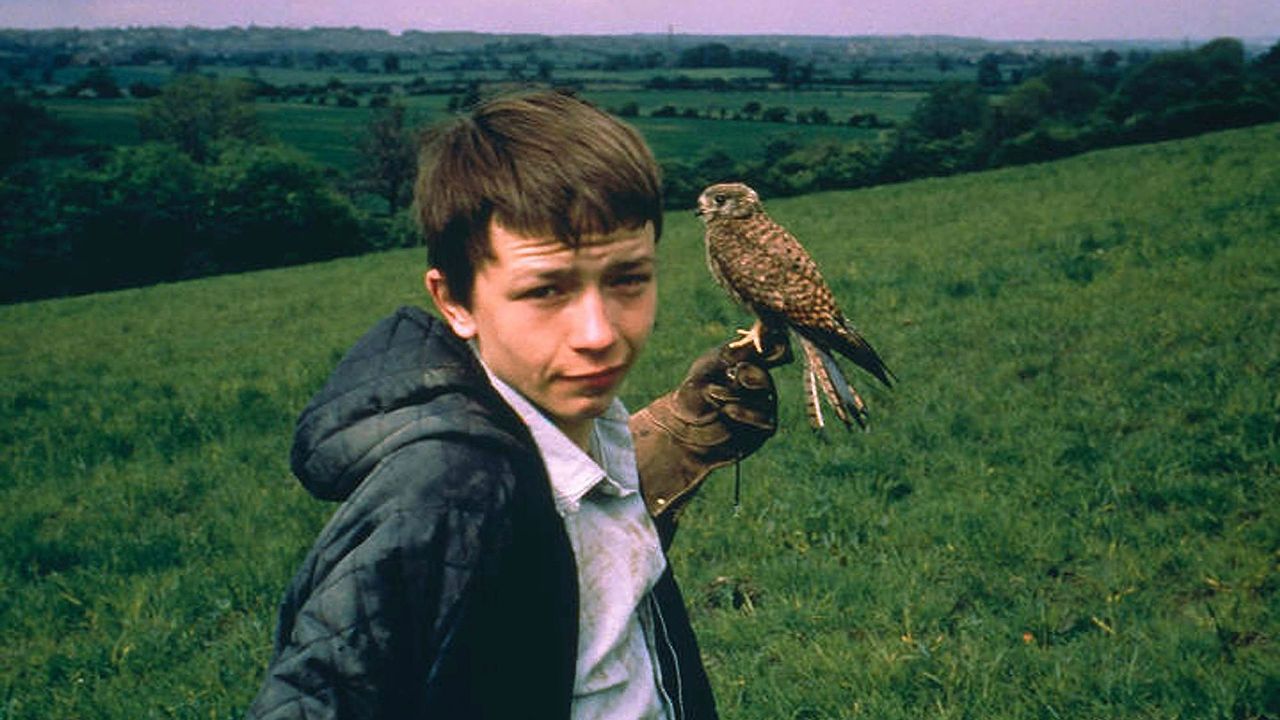
Loach, known for his realist filmmaking, directs with an unsparing eye. There's no cinematic gloss here: the Yorkshire dialects are thick and often untranslated, the cinematography is naturalistic, and the dialogue feels entirely lived-in. But Kes’s emotional weight sneaks up on you—not through melodrama, but through observation. A PE lesson that devolves into cruelty. A headmaster’s lecture that ignores the real boy in front of him. And then, in contrast, Billy's breathtaking joy during falconry—shot like something sacred.
David Bradley, in his first and only film role, is unforgettable as Billy. He doesn’t "perform" the role; he simply is Billy: awkward, angry, funny, and yearning. His scenes with the hawk are near-wordless, filled with quiet intensity, reflecting the boy’s inner world better than any monologue ever could. The bird doesn’t just symbolize freedom—it becomes a mirror of Billy’s fleeting hope.
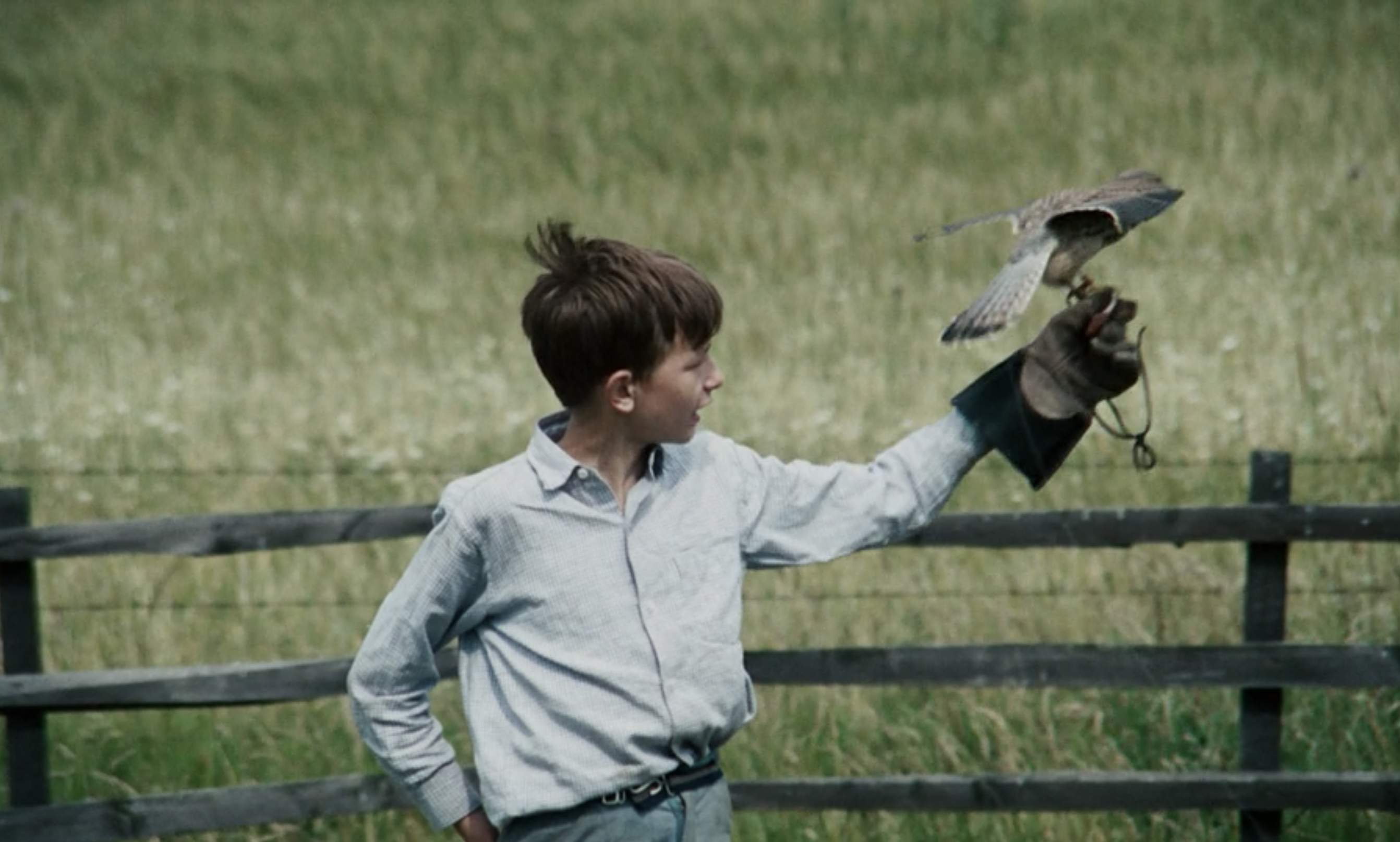
Kes isn’t just a coming-of-age story; it’s a protest wrapped in poetry. It indicts the British educational and social systems that sort children into boxes, discarding those who don’t fit. It captures how poverty dulls ambition, how institutions fail the vulnerable, and how beauty can still bloom in the most barren places.
By the time the credits roll, Kes leaves a lasting ache—soft but sharp. It reminds us that some lives don’t get redemption arcs. Sometimes, a bird in the sky is the only dream that ever truly takes flight.

